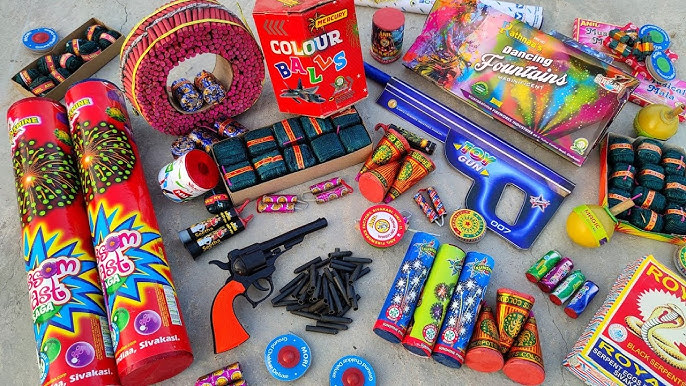Kota, Rajasthan is often known as India’s coaching capital and is a prime destination for students who want to crack IIT-JEE or NEET. Every year, over 250,000 students come to Kota, looking for a place to brighten their futures. This pressure has led to a shocking trend of students committing suicides.
Despite some awareness, experts believe the problem is significantly under-reported, with nearly 90% of cases going unrecognized, as revealed by the Philox team’s survey. This article explores the statistics, underlying causes, and systemic failures contributing to this tragic phenomenon.
Alarming Statistics
Since 2015, Kota has seen 113 documented student suicides, excluding the COVID-19 pandemic years when many students returned home.
PLEASE FOLLOW US ON X/TWITTER FOR MORE SUCH INTERESTING UPDATE https://x.com/ThePhilox
IF YOU HAVE ANYTHING TO SHARE DO JOIN OUR TELEGRAM GROUP WE WILL RESPOND https://t.me/thephilox
In 2023 alone, 29 suicides were reported, the highest annual toll so far, and this grim trend continued into 2024, with 30 suicides already recorded by January.
What’s more disturbing is that, as Philox researches reveal, 90% of all student suicides in Kota go unreported.
Anonymous informants supporting this data, the families, institutions, and the authorities have managed to create a culture of silence surrounding all this in order not to sully reputations or hurt commercial interests.
Deep Causes for Suicides
1. Academic Pressure: The students preparing for IIT-JEE and NEET study for up to 18 hours a day. These competitive coaching institutes have severe pressure on performance with many tests and ranking systems which increase stress.
Among around 1 million JEE aspirants, only 10,000 make it to the IITs, while 2 million NEET aspirants are competing for 140,000 seats in medical colleges.
2. Parental and Societal Expectations: Many families invest heavily in coaching fees, sometimes taking loans. This financial burden increases pressure on students, who feel obligated to succeed. Failure often leads to feelings of inadequacy and hopelessness.
3. Lack of Emotional Support: Students from small towns often suffer from homesickness and isolation. Coupled with the stigma around mental health, many fail to seek help. Even efforts such as deploying psychologists in coaching institutes are not enough.
4. Commodification of Education: The coaching industry in Kota, a $500 million industry, has made education a marketable commodity. Profits often take precedence over students’ welfare; overcrowding and false advertisements of winning guarantees are some of the issues.
Actions Undertaken and Their Weaknesses
The government has undertaken a few steps, such as:
1. Installing “suicide-proof” fans in hostels.
2. Suspension of routine tests in peak stress periods.
3. Helplines with psychologists
But such interventions are only stopgap. The systemic reforms to correct societal pressure and the highly competitive education system remain lacking.
Recommendations for Change
1. Parental Education: Awareness campaigns to reduce the pressure families put on students, and support them in choosing a wide variety of careers other than engineering or medicine.
2. Mental Health Infrastructure: The coaching institutes and schools must have specific counselors and wellness programs to prevent the growing stress of students proactively.
3. Reforms in Curriculum and Examination System: If the pressure on the student regarding high-stakes exams can be reduced, the problem will be solved.
4. Regulation of Coaching Centers: Government agencies should keep a check on the coaching institutes so that student welfare can be prioritized rather than profits.
The student suicide crisis in Kota reveals deep flaws in India’s education system, societal expectations, and mental health awareness.
Kota’s reputation as a coaching hub attracts thousands of students every year, but the price paid by many is too high. Policymakers, educators, and society need to address this crisis collectively, making sure that dreams of academic success do not turn into nightmares of despair.
There are many helplines for distressed individuals, such as the Sneha Foundation at 044-24640050. The first step to saving lives is breaking the silence on this issue.




